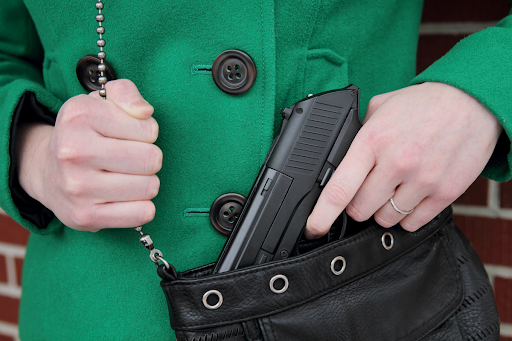Have you found yourself accused of a crime you didn’t commit or in a situation where you ended up in jail but don’t quite understand why? Unfortunately, through misunderstandings or non-thorough investigations, bystanders and completely innocent individuals can end up wrongfully accused of a crime. Believe it or not, it happens more often than you might think, and the best way to be aware is to be prepared. As a result, we’ll review what you can expect and what you should know if charged with a crime in Burlington County, NJ, or the surrounding areas.
After Being Charged, What Can I Expect?
Once you have been charged, the next steps vary depending on the type of criminal complaint received. Whether you get a warrant or summons complaints is important, for each will have a different effect on the following circumstances.
Typically, in cases of no criminal history or minimal criminal background, the police officer may file the summons’ complaint. Fortunately, this can mean you are free to go and are simply expected to report to the court on your noted date. At this time, you can anticipate more information from the judge, including your next court date, what your rights are, and what the charges are against you.
On the other hand, if you find yourself in a situation where the complaint is filed as a warrant, you will not be immediately released. Rather, prepare to go to the county jail and be brought before the judge within the following one to two days, on average. At this time, bail will be determined.
What Happens When You First Get Arrested?
Before even being arrested by the police, know that it must be under probable cause. “Probable cause” is defined as reasonable conditions where you are being suspected of illegal activity. As a result, there may be “probable cause” to detain or arrest you.
Once arrested, the booking process starts. Here’s what it should include:

These steps are most fundamental to the process, but there are more that you may encounter. Most are paperwork-related, such as recording your name and the alleged crime from the start. Also, the arresting officer may check for any other warrants on your record. In essence, this helps determine what the next steps look like depending on whether it comes back clear or not.
Additionally, a health screening may occur with other inmates and employees’ safety and health in mind. This can incorporate testing such as bloodwork or X-rays. Likewise, a DNA sample may be collected, but this is entirely situational. However, as of a 2013 Supreme Court decision, police officers are allowed to ask for a sample during this booking process.
What Are My Rights?
As a citizen or documented immigrant of the United States, you always have the right to an attorney. During your arrest, you should be Mirandized, where your rights are explained to you. This also includes the right not to speak without your lawyer present.
In most circumstances, it is advisable to hire a criminal lawyer or DWI lawyer, depending on the crime in which you were accused. Ultimately, the Law Offices of Zapicchi & Liller LLP will represent you and your interests best in court while working towards the optimal outcome for your case. After all, our practice has over 20 years of combined experience, so we can be trusted to fight for you in a criminal law case based in Monmouth County, NJ. Contact us today for more information!









